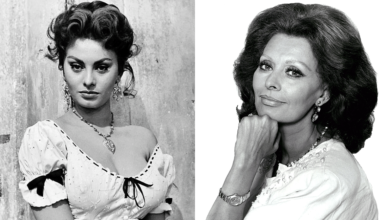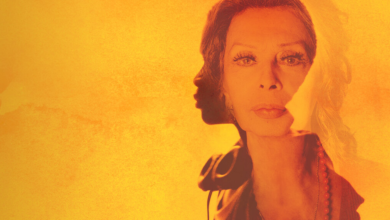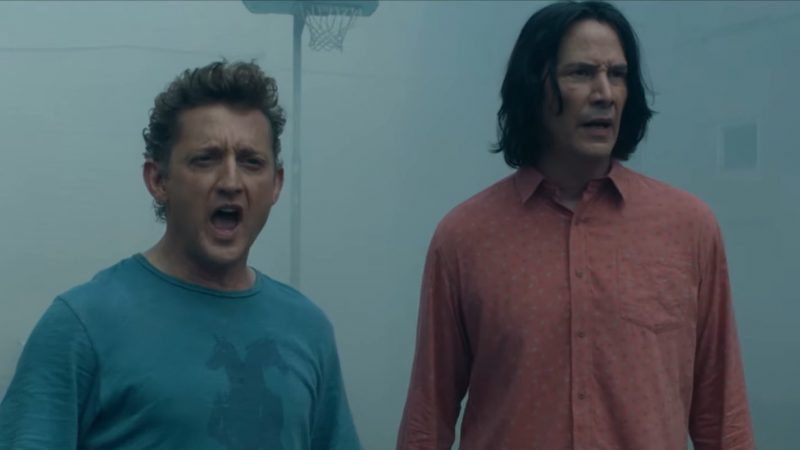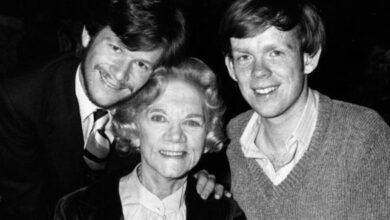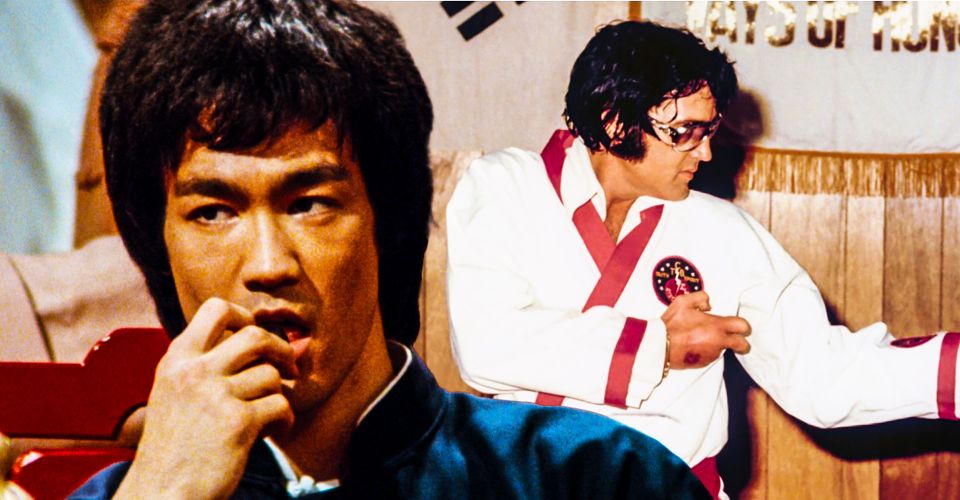In new book, Vietnam vet writes ‘historical fiction’ to share insights about the 𝕨𝕒𝕣, especially with those too young to remember
William Watson's book, "Souls Inverted," describes experience of a helicopter pilot in Vietnam and his anti-𝕨𝕒𝕣 activist brother
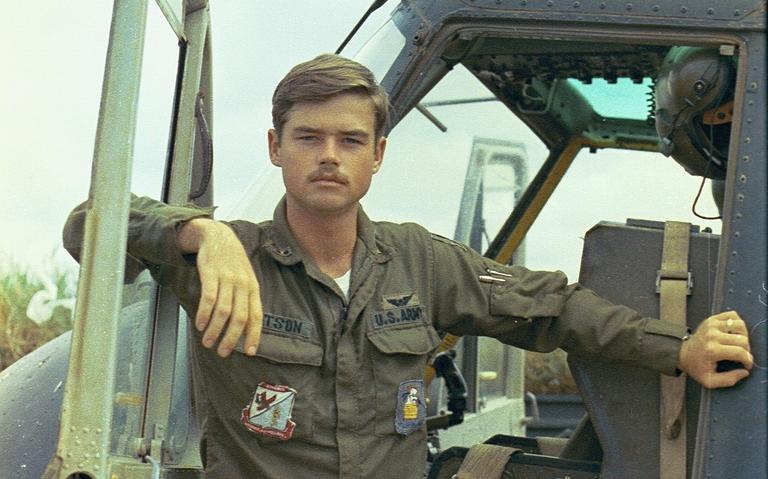
A Grand Forks man whose book delves into the Vietnam 𝕨𝕒𝕣 says his goal was “to tell the story in a plain, direct fashion” about a subject he knows well.
As a veteran himself, William Watson’s book – titled “Souls Inverted” – takes readers back to the 1960s to tell the Vietnam 𝕨𝕒𝕣 story, mostly through the eyes of two brothers, one who answered the military’s call to duty and the other who took criminal action in opposition.
On Veterans Day, Nov. 11, Watson and others who’ve served in the U.S. military are likely mindful that time is passing and many today know little or nothing of the sacrifices that have been made in conflicts throughout the nation’s history.
This book “is historical fiction,” said Watson, who is retired, “in the sense that all the events the characters experience are accurate depictions of actual events, most of which are documented in the footnotes.”
Watson weaves in his memories of the times, telling the story through the lens of one family’s experience. In the first chapter, the oldest son is 𝕜𝕚𝕝𝕝𝕖𝕕 while serving in Vietnam. The suffering his family, especially his parents, endured are described simply – reminding the reader that this could be any family’s nightmare.
The book is semi-autobiographical, Watson said. His experience as a warrant officer in Vietnam, serving with the Army’s 170th Assault Helicopter Company at Kontum, is told in part through the youngest brother, Davy, a carefree southern California high school student who loves to surf and who, at 18, joins the Army and is eventually sent to Vietnam.
Watson’s aim was to write a novel that “wouldn’t just appeal to readers of Flying Magazine,” he said. “I wanted to try to tell the story in a plain, direct fashion for those who were too young to understand it. I think most of the U.S. population has no idea who Jim Morrison or The Doors is.”
Watson served 20 years in the Army and then attended Loyola Law School in Los Angeles. He served as a deputy attorney for the California Department of Justice before accepting a position to teach aviation at UND in 1998.
In preparing to write “Souls Inverted,” Watson followed an old adage in the publishing world.
“They say to write about what you know about, and I knew about flying helicopters in Vietnam and I knew a lot of veterans,” he said. “I had to do a little homework on the SDS (Students for a Democratic Society), because I was over in Vietnam when they were doing all this crazy stuff.”
He attempted to balance the ideologies of those who resolutely supported the Vietnam 𝕨𝕒𝕣 effort and those who just as firmly did not, he said. “There were mistakes and cruelties on both sides at the time. Both sides thought what they were doing was right.”
In the book, the father and oldest son were of the mindset that when your country calls, you answer, he said. The younger two brothers “were of that ‘60s mindset of questioning everything, at least on the part of Will,” Watson said. “Davy, the youngest, was sort of unconscious.”
As a young man, he did not go into the service with a strong conviction about serving in Vietnam. Like Davy, “I was far from philosophical at age 19. I was more interested in surfing and trying to get somebody to buy me beer that was over 21, you know – and talking a girl into kissing me,” he said with a chuckle.
In the book, Davy’s brother Will, as a student at the University of California-Berkeley, joins the Weather Underground, a radical militant group responsible for 𝕓𝕠𝕞𝕓𝕚𝕟𝕘𝕤, and 𝕜𝕚𝕝𝕝𝕚𝕟𝕘 innocent people, in protest of the 𝕨𝕒𝕣.
“At the time, I think both sides thought what they were doing what was painful, probably, but necessary,” he said. In his book, “I was trying to give both sides an equal look, but not to justify bad things that either side did.”
By the late 1960s and early 1970s, “there was a lot of Americans whose minds just shifted into ‘hey, we’re getting lied to by the military here,’ ” Watson said. “And, either let’s win this game and go home, or cash in the checks and go home – one or the other, either quit or win. And that’s where that split came in, where you ended up with Americans demonstrating in support of the 𝕨𝕒𝕣 or against the 𝕨𝕒𝕣 . And finally Nixon went ahead, in 1973, withdrew the American troops under a peace agreement that was soon violated by the North Vietnamese.
“But, from that time to this time, I think Americans have become more understanding that the young men and women who fought in that 𝕨𝕒𝕣 were doing what they thought was their duty.
“For a long while the subject was avoided, I think even to the point today that the older vets that fought there are sort of venerated, which is a good thing. I mean, they weren’t in charge.”

Rationale for 𝕨𝕒𝕣
Watson draws comparisons between Vietnam and Afghanistan.
“There was undoubtedly a good reason to go into Afghanistan – but it led to 20 years of American blood all over there,” he said.
“The reason for going into Afghanistan initially after 9/11 was clear cut, just like entering after Pearl Harbor. There was no real good reason for us to go into Vietnam, nor to stay there for ten years like we did, with treading water.
“And that’s where we get into problems with Afghanistan, we ended up doing the same sort of semi-military, constrained military operations for 20 years in Afghanistan as we did for 10 years in Vietnam, setting aside (that) the reasons for being there were completely different – one correct and one obviously in error.”
The objective in Vietnam and Afghanistan should have been to win the 𝕨𝕒𝕣 and get out, he said.
“Either you enter a 𝕨𝕒𝕣 to win the 𝕨𝕒𝕣 , or you don’t enter the 𝕨𝕒𝕣. That’s why we needed to go 𝕜𝕚𝕝𝕝 Hitler – we did.”
“We had the same undoubtedly good reason as World 𝕨𝕒𝕣 II to go into Afghanistan, and then we screwed up with 20 years of American blood all over there,” he said. “We should have gone in,” won the 𝕨𝕒𝕣 and left.
That didn’t happen in Vietnam either.

Reflecting on the fact that some returning Vietnam veterans encountered disrespect and outright harassment, Watson said, “I think a lot of them almost felt like–not at the beginning, but certainly by the late ‘60s – alot of them just kept their head low and went back to avoiding the subject altogether.”
Over time, his own views about the U.S. involvement in Vietnam have changed, he said, “because we went into a 𝕨𝕒𝕣 and 𝕝𝕠𝕤𝕥 it – and we’ve had a bad habit of doing that since Korea.
“I think Americans are too valuable to waste like that, you know,” he paused. “I mean, it’s difficult for me to talk about.”


